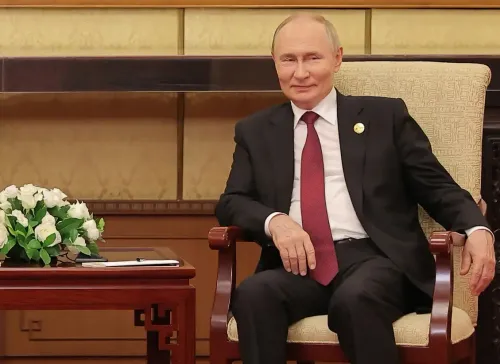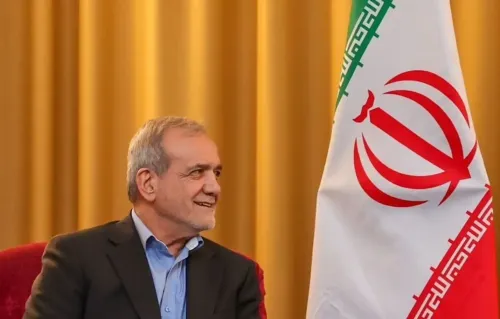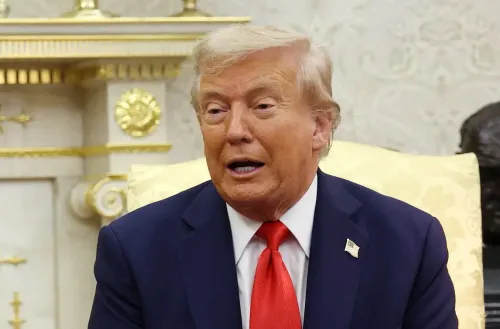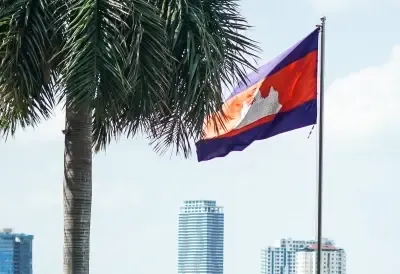What Tensions Are Rising Ahead of Bangladesh's Elections?
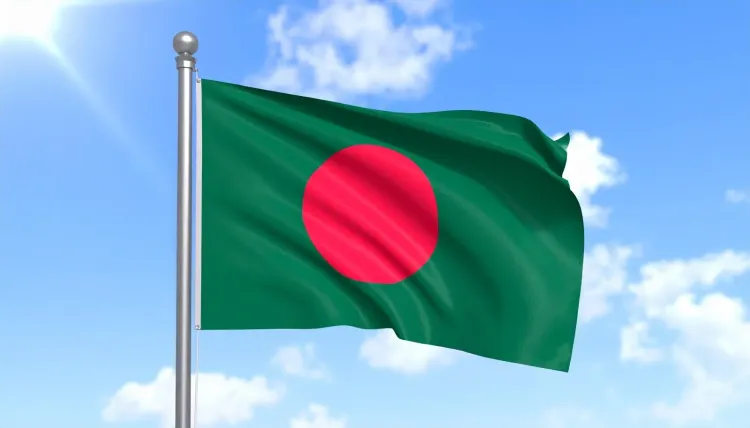
Synopsis
Key Takeaways
- Political tensions are escalating as elections approach.
- Major parties are engaged in a verbal battle over reforms.
- The BNP has rejected calls for pre-election reforms.
- The NCP continues to demand reforms and national reconstruction.
- Accusations of bias against the Election Commission have surfaced.
Dhaka, July 16 (NationPress) As the general elections in Bangladesh draw near, prominent political parties are embroiled in a fierce debate regarding necessary reforms before the polls. According to a report by the leading Bangladeshi daily, The Dhaka Tribune, the leaders of the Bangladesh Nationalist Party (BNP), the radical Islamist party Jamaat-e-Islami, and the newly established National Citizens' Party (NCP) have been trading verbal barbs.
During a press conference on Monday, BNP Secretary General Mirza Fakhrul Islam Alamgir accused that the recent murder of a 43-year-old scrap trader, Lal Chand Sohag, in Mitford, Old Dhaka was a calculated move to instigate unrest in the nation, linked to alleged involvement of party leaders and members.
On the same day, Jamaat-e-Islami's Central Executive Committee member, Mohammad Selim Uddin, criticized the BNP indirectly at a rally in Mirpur, Dhaka. He emphasized, 'Due to widespread public dissent, the people of this country have already shown a 'yellow card' to a particular political faction. Now, following the incident at Mitford, they have effectively displayed a 'red card.'
Uddin remarked, 'The August uprising provided them (BNP) a golden opportunity. Instead of using it to cultivate moral values among their party workers and guide them towards Islamic discipline, they have turned this nation into a haven for extortionists. Their current motto seems to be: reward for paying extortion, expulsion for refusal,' criticizing the BNP.
Furthermore, the NCP has reiterated its call for reforms and national reconstruction, which the BNP has continually dismissed. The BNP argues that the notion of 'reforms before elections' will not lead to substantial outcomes.
Nonetheless, the NCP pressed for electoral reforms and national rebuilding at a rally on Tuesday night. In his speech, NCP's Chief Organiser (South) Hasanat Abdullah condemned the political parties for what he termed 'selective outrage.' He remarked, 'When we speak against extortion, one party protests. When we highlight vote rigging, another party is offended.'
He also accused the Election Commission (EC) of bias, especially regarding its stance on inclusive elections, as it had included the Awami League's boat symbol on its official website. Abdullah called for the immediate removal of the boat symbol from the EC's registered list, alleging favoritism from the commission.
He criticized the rejection of the Shapla symbol (water lily) to the NCP due to objections from an EC member, and raised concerns about the online nomination process's effectiveness. 'A credible election is not achievable under this commission,' he asserted, pledging to challenge the EC through political avenues. The speakers during the rally reaffirmed their demand for a complete overhaul of the EC.
Meanwhile, the BNP has categorically rejected the Muhammad Yunus-led interim government's rationale of 'justice and reforms before elections,' insisting they will no longer accept delays under the guise of restructuring.
BNP Standing Committee Member Abdul Moyeen Khan emphasized at the party's recent new member recruitment and renewal campaign that the top priority is to secure the people's right to vote through a free and fair election, as reported by the leading Bangladeshi daily, Dhaka Tribune.
'BNP will no longer accept the argument of 'first justice and reform, then elections,' he stated. 'Justice and reform are ongoing processes.' He added, 'The interim government's primary duty is to restore democracy. To achieve this, power must be returned to the populace as soon as possible through elections.'
The parties that allied with student leaders and Yunus to topple the democratically elected Awami League government under former Prime Minister Sheikh Hasina are now publicly confronting each other at rallies and on social media platforms. The much-promoted unity that was evident during Hasina's ousting appears to be gradually diminishing.

